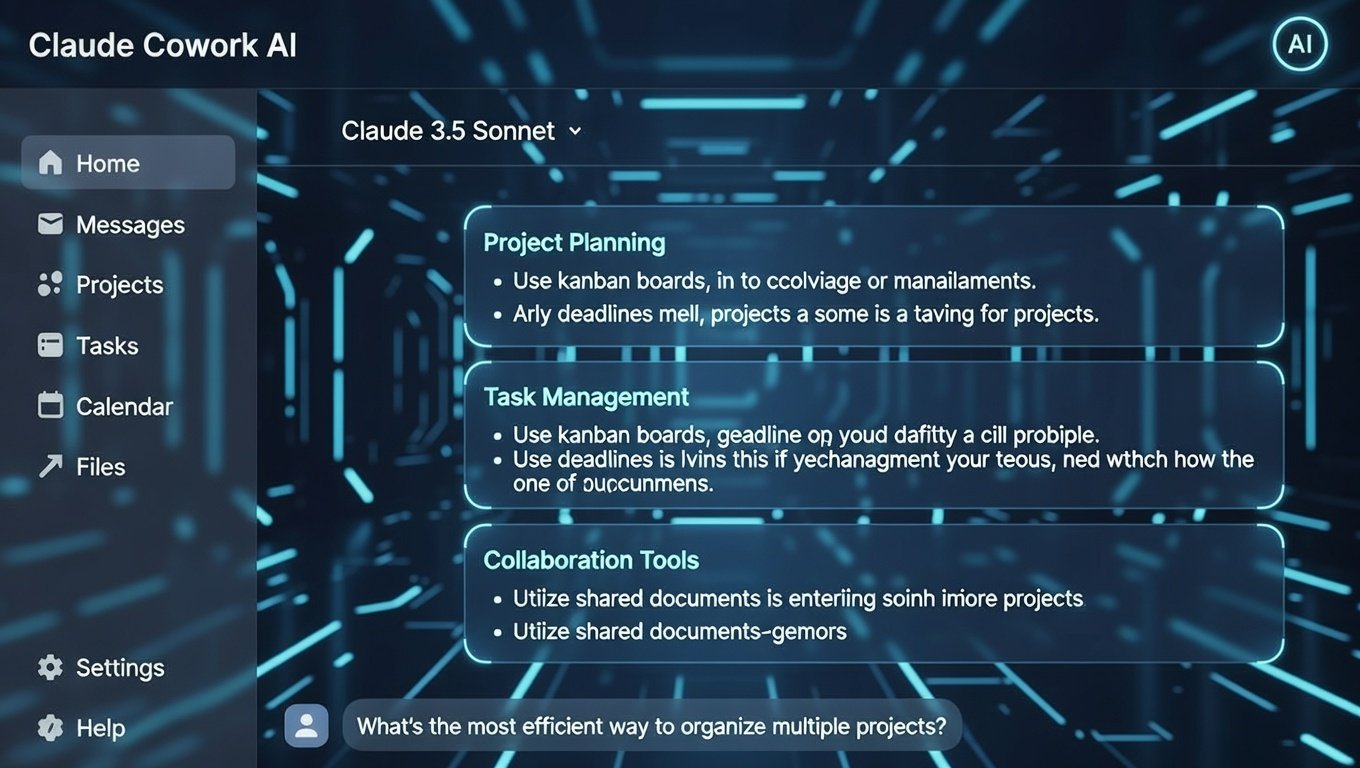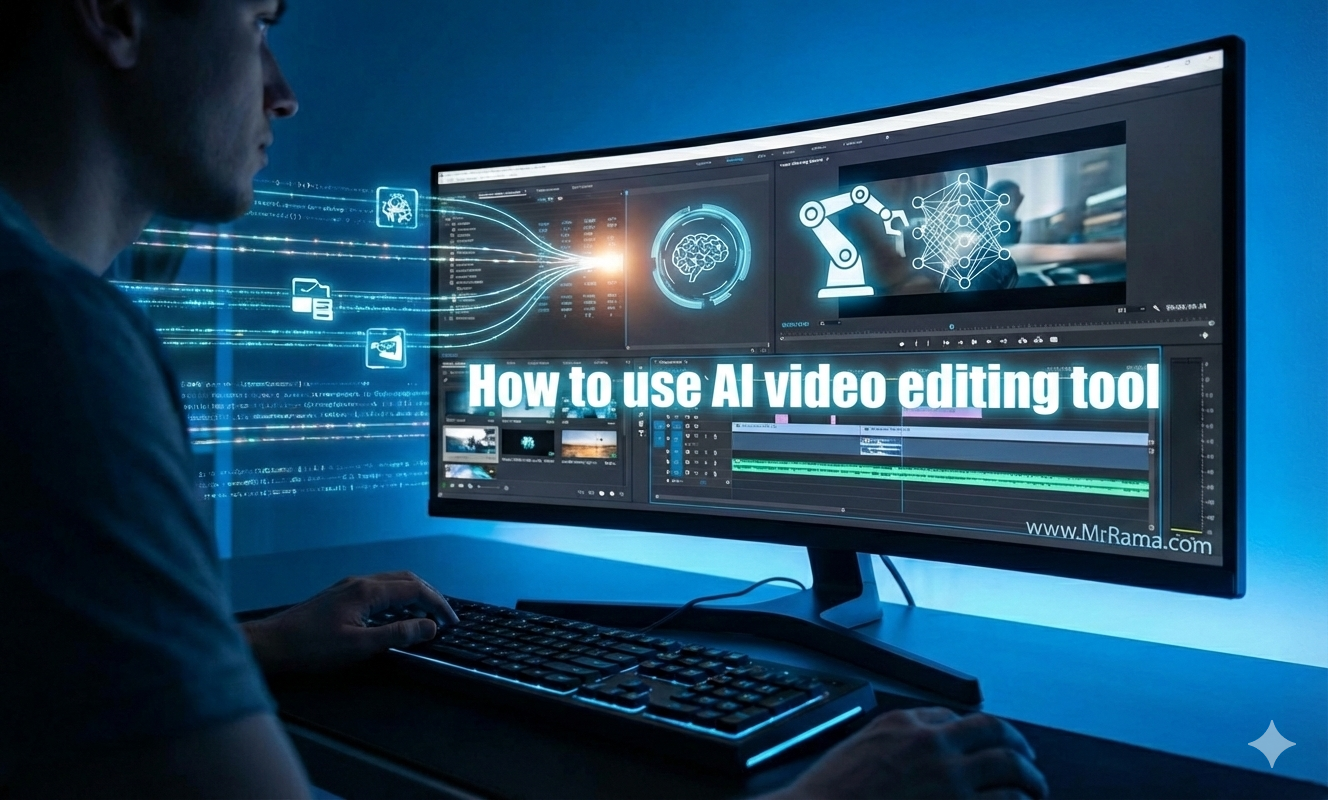As technology continues to evolve at a rapid pace, it’s no surprise that AI is becoming increasingly important in the world of software development.
In 2023, AI will be at the forefront of software development, providing developers with AI powerful tools to create smarter, more efficient software. In this blog post, we’ll explore the secrets of AI’s role in software development in 2025.
AI-Assisted Software Design
AI can help developers create better software designs by suggesting solutions based on historical data and user preferences.
Sketch2Code, a Microsoft tool that turns hand-drawn sketches into working HTML code, uses AI to create accurate code based on designers’ sketches.
Intelligent Code Completion
AI can suggest code completions based on the context of the code being written, making coding faster and more efficient.
Visual Studio Code’s IntelliSense feature suggests code completions based on the code being written, reducing the need for manual typing.
AI-Driven Test Case Generation
AI can generate test cases automatically, making testing more efficient and reducing the risk of errors.
Applitools, an automated visual testing platform, uses AI to generate test cases that cover different scenarios and ensure the software works as expected.
Predictive Maintenance
AI can predict when software components are likely to fail, allowing developers to perform maintenance proactively.
Amazon Web Services (AWS) predictive maintenance service analyzes data from devices to predict when maintenance is needed, reducing downtime and increasing reliability.
Intelligent Debugging
AI can help identify and fix bugs more quickly and accurately.
OzCode’s debugging tool uses AI to analyze code and identify the root cause of bugs, reducing the time and effort required to fix them.
Natural Language Processing (NLP)
AI can help software understand natural language, improving communication between software and users.
Grammarly’s writing assistant uses NLP to provide suggestions and corrections for written text.
Conversational Interfaces
AI can help create conversational interfaces that enable users to interact with software in a natural way.
Google’s Duplex technology uses AI to make natural-sounding phone calls to businesses and schedule appointments on behalf of users.
Automated Documentation
AI can automatically generate documentation for software, reducing the time and effort required to create documentation.
IBM’s Watson can generate documentation for APIs by analyzing the code and generating descriptions of the functions and inputs.
Automated Deployment
AI can help automate the deployment of software, reducing the risk of human error and improving the efficiency of the deployment process.
AWS’s CodeDeploy automates code deployment to different environments, making it easier for developers to deploy and manage their software.
Intelligent Chatbots
AI can help create chatbots that can answer users’ questions and provide support.
Mitsuku is an award-winning chatbot that uses AI to converse with users in a natural and engaging way.
Automated Code Review
AI can review code automatically, identifying potential issues and suggesting improvements.
DeepCode uses AI to review code and identify issues such as security vulnerabilities, performance problems, and coding standards violations.
Intelligent Project Management
AI can help project managers optimize planning, scheduling, and resource allocation.
Asana’s AI-powered project management features can help teams manage their tasks, schedule their projects, and prioritize their workloads.
AI-Driven Data Analysis
AI can analyze large datasets and provide insights that can inform software development decisions.
Tableau’s AI-powered data analysis features can help teams identify trends and patterns in their data, making it easier to make informed decisions about their software.
Automated Code Refactoring
AI can suggest improvements to existing code, making it more efficient and easier to maintain.
JetBrains’ IntelliJ IDEA has an AI-powered code refactoring feature that suggests improvements to code based on best practices and common mistakes.
Autonomous Software Development
AI can develop software automatically, reducing the need for human input and improving the efficiency of the development process.
GitHub’s Copilot is an AI-powered coding assistant that can suggest code snippets and even complete entire functions based on user input.
Continuous Learning for Intelligent Systems
AI can learn from user feedback and data to continuously improve software performance and functionality.
Microsoft’s Azure Cognitive Services can be trained with custom data to improve the accuracy and relevance of its natural language processing and computer vision capabilities.
Cognitive User Interfaces
AI can provide personalized user experiences that adapt to individual preferences and behavior.
Amazon’s Alexa can learn a user’s preferences and provide personalized recommendations for music, movies, and other content.
Intelligent Decision Support Systems
AI can help users make better decisions by providing insights and recommendations based on data analysis.
Salesforce’s Einstein Analytics uses AI to provide insights and recommendations for sales teams, helping them identify opportunities and close deals more efficiently.
Agile AI Development
AI can be integrated into agile development processes, allowing developers to quickly iterate and improve their software.
IBM’s Watson Studio is an AI development platform that integrates with agile development methodologies to help teams collaborate and iterate more efficiently.
Data-Driven Development with AI
AI can use data to inform development decisions and improve the quality of software.
Google’s Cloud AutoML uses machine learning to analyze data and create custom models for image recognition and natural language processing.
AI-Powered Security Testing
AI can help identify vulnerabilities and security issues in software, improving overall security and reducing the risk of data breaches.
Checkmarx’s SAST (Static Application Security Testing) uses AI to analyze source code and identify potential security risks.
AI-Enhanced Software Testing
AI can assist in the testing of software, providing more efficient and accurate testing results by automatically generating and executing test cases.
Testim.io is a testing automation tool that uses AI to identify elements of a web application and automatically generate and execute tests.
AI for Dynamic Resource Allocation
AI can analyze system performance and allocate resources dynamically to improve efficiency and reduce costs.
Kubernetes, an open-source container orchestration platform, uses AI to dynamically allocate computing resources to optimize the performance of software applications.
Conclusion:
As AI continues to transform the world of software development, developers and businesses alike need to stay up-to-date with the latest trends and best practices.
From AI-assisted software design to data-driven development with AI, the possibilities are endless. By embracing the power of AI, developers can create smarter, more efficient software that meets the needs of users and drives business success.





Nice post. I learn something new and challenging on websites I stumbleupon every day. It will always be useful to read through articles from other writers and use a little something from other websites.
This is the right blog for everyone who wants to find out about this topic. You understand so much its almost hard to argue with you (not that I personally would want toÖHaHa). You certainly put a new spin on a topic thats been written about for decades. Wonderful stuff, just great!